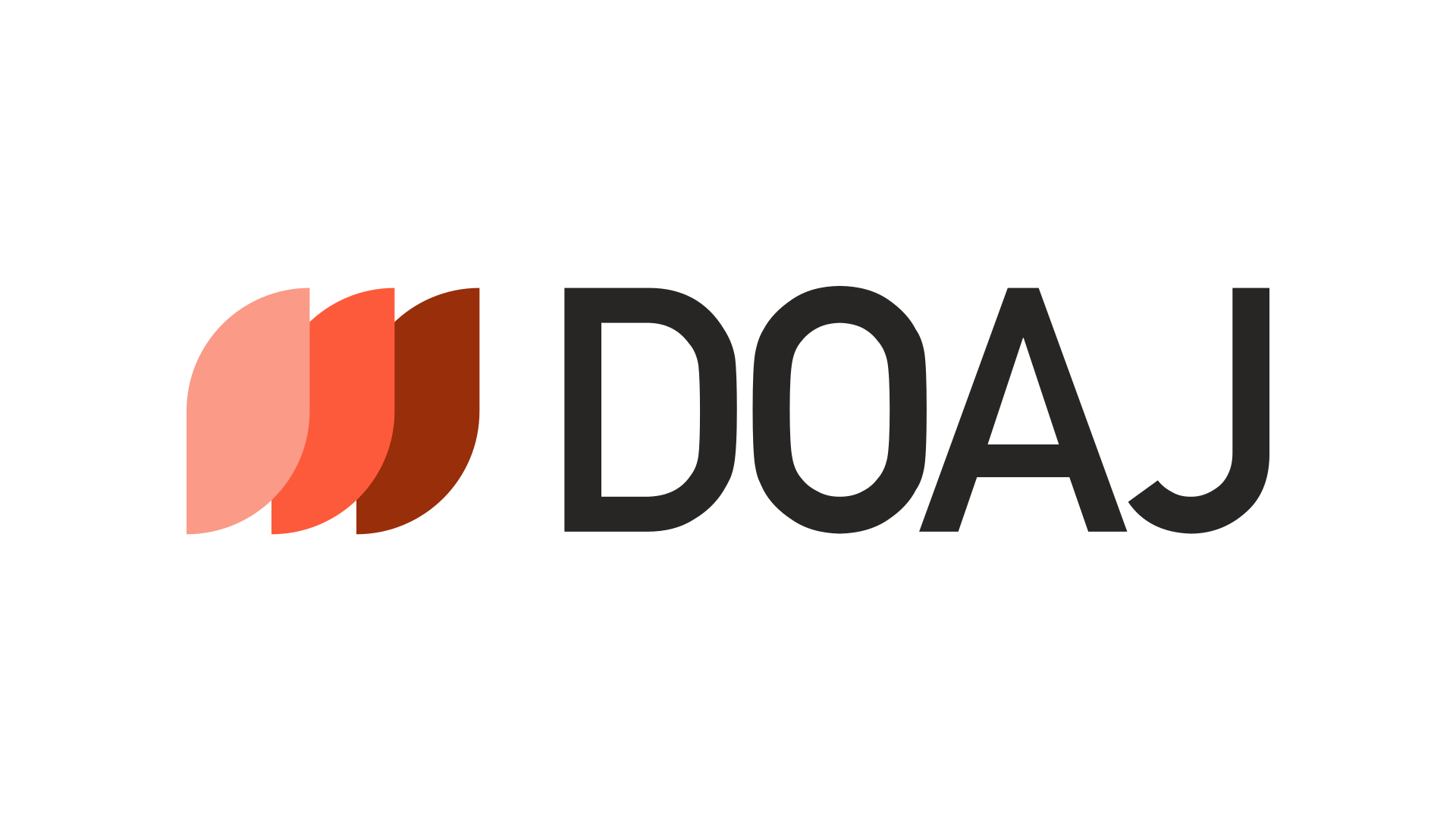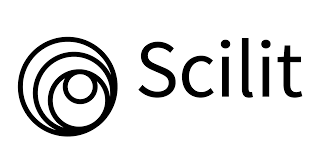PROMPT ENGINEERING DAN ETIKA KOMUNIKASI DALAM ERA KECERDASAN BUATAN: TANTANGAN DAN PELUANG
DOI:
https://doi.org/10.38043/jids.v9i2.6882Keywords:
komunikasi AI, prompt engineering, etika digital, literasi media, disinformasi, representasiAbstract
Perkembangan kecerdasan buatan/artificial intelligent (AI), khususnya large language models l (LLM), telah mengubah cara manusia memproduksi dan menyampaikan pesan dalam berbagai konteks komunikasi. Studi ini bertujuan untuk mengkaji bagaimana praktik prompt engineering, teknik dalam merancang instruksi kepada AI, berperan dalam pembentukan pesan, serta bagaimana praktik ini berinteraksi dengan isu etika dan nilai komunikasi. Penelitian dilakukan dengan metode tinjauan pustaka sistematis terhadap berbagai jurnal ilmiah yang terbit dalam sepuluh tahun terakhir (2015–2025), mencakup bidang komunikasi, teknologi, dan etika digital. Hasil kajian menunjukkan bahwa prompt engineering tidak hanya menentukan efektivitas teknis respons AI, tetapi juga memiliki implikasi serius terhadap bias representasi, keamanan informasi, dan potensi disinformasi. Selain itu, literasi AI muncul sebagai elemen kunci dalam mengurangi risiko penyalahgunaan teknologi dan memperkuat komunikasi yang etis. Studi ini mengusulkan model konseptual yang menempatkan prompt engineering sebagai titik sentral dalam produksi pesan berbasis AI, dengan etika dan nilai komunikasi sebagai jembatan menuju desain komunikasi yang adil, aman, dan bertanggung jawab. Kesimpulannya, produksi pesan dalam era AI memerlukan pendekatan komunikasi yang reflektif, interdisipliner, dan berbasis nilai. Literasi digital dan pengembangan kebijakan etik perlu diintegrasikan ke dalam praktik komunikasi publik guna memastikan keberlanjutan komunikasi manusia-AI yang inklusif dan etis.
Downloads
References
Ali Khan, A., Badshah, S., Liang, P., et al. (2021). Ethics of AI: A Systematic Literature Review of Principles and Challenges. arXiv
Ashery, A., Shapiro, A., & Livne, A. (2025). Language models spontaneously develop human-like norms in multi-agent communication. arXiv.
Bender, E. M., Gebru, T., McMillan-Major, A., & Shmitchell, S. (2021). On the Dangers of Stochastic Parrots: Can Language Models Be Too Big? Proceedings of the 2021 ACM Conference on Fairness, Accountability, and Transparency, 610–623.
Bura, C., Myakala, P. K., & Jonnalgadda, A. K. (2025). Ethical Prompt Engineering: Addressing Bias, Transparency, and Fairness in AI Generated Content. ResearchGate.
Buolamwini, J., & Gebru, T. (2018). Gender shades: Intersectional accuracy disparities in commercial gender classification. Proceedings of Machine Learning Research.
Brown, T., Mann, B., Ryder, N., Subbiah, M., Kaplan, J., Dhariwal, P., ... & Amodei, D. (2020). Language Models are Few-Shot Learners. Advances in Neural Information Processing Systems, 33, 1877–1901.
Chen, B., Zhang, Z., Langrené, N., & Zhu, S. (2023). Unleashing the potential of prompt engineering in Large Language Models: a comprehensive review. arXiv.
Crawford, K., & Paglen, T. (2019). Excavating AI: The Politics of Images in Machine Learning Training Sets. International Journal of Communication, 13, 25.
Djeffal, C. (2025). Reflexive Prompt Engineering: A Framework for Responsible Prompt Engineering and Interaction Design. arXiv.
Ferrara, E. (2023). Should ChatGPT be Biased? Challenges and Risks of Bias in Large Language Models. arXiv.
Floridi, L., & Cowls, J. (2019). A Unified Framework of Five Principles for AI in Society. Harvard Data Science Review, 1(1).
Hao, K. (2020). AI Is Sending People to Jail—and Getting It Wrong. MIT Technology Review.
Kiela, D., Wang, J., & Cho, K. (2021). Supervised Contrastive Learning. Advances in Neural Information Processing Systems, 33, 18661–18673.
LeCun, Y., Bengio, Y., & Hinton, G. (2015). Deep Learning. Nature, 521(7553), 436–444.
Liu, X., Wei, F., Li, S., & Zhou, M. (2022). Prompt Engineering for Large Language Models: A Survey. arXiv preprint arXiv:2202.00525.
Mittelstadt, B. D., Allo, P., Taddeo, M., Wachter, S., & Floridi, L. (2016). The Ethics of Algorithms: Mapping the Debate. Big Data & Society, 3(2).
Nadeem, M., Bethke, A., & Reddy, S. (2021). StereoSet: Measuring stereotypical bias in pretrained language models. Findings of the Association for Computational Linguistics: EMNLP 2021, 5356–5371.
Nature (2025). Traumatizing AI models by talking about war or violence...
Ng, J., Chuang, T., & Yeo, M. (2025). Towards an AI-Literate Future: Promoting Critical AI Understanding in Education. International Journal of Artificial Intelligence in Education.
Olla, P., Elliott, L., Abumeeiz, M., Mihelich, K., & Olson, J. (2024). Promptology: Enhancing Human–AI Interaction in Large Language Models. Information, 15(10), 634.
Ong, D. C. (2021). An Ethical Framework for Guiding the Development of Affectively Aware AI. arXiv
O'Neil, C. (2016). Weapons of Math Destruction: How Big Data Increases Inequality and Threatens Democracy. Crown.
O’Reilly, T., & Smith, J. (2023). The role of human oversight in prompt engineering: Balancing automation and control. AI & Society, 38(2), 123–140.
OWASP Foundation. (2025). OWASP Top 10 for LLM Applications – Prompt Injection.
Pasquale, F. (2015). The Black Box Society: The Secret Algorithms That Control Money and Information. Harvard University Press.
Pellicane, C. (2024). Ethical Considerations in Prompt Engineering. IAPEP.
Pressman, S. M., Borna, S., Gomez Cabello, C. A., et al. (2024). AI and Ethics: A Systematic Review... in Surgery Research. Healthcare, 12(8), 825.
Raji, I. D., & Buolamwini, J. (2019). Actionable Auditing: Investigating the Impact of Publicly Naming Biased Performance Results of Commercial AI Products. Proceedings of the 2019 AAAI/ACM Conference on AI, Ethics, and Society, 429–435.
Ribeiro, M. T., Wu, T., Guestrin, C., & Singh, S. (2020). Beyond Accuracy: Behavioral Testing of NLP Models with CheckList. Proceedings of the 58th Annual Meeting of the Association for Computational Linguistics, 4902–4912.
Sandvig, C., Hamilton, K., Karahalios, K., & Langbort, C. (2016). Auditing Algorithms: Research Methods for Detecting Discrimination on Internet Platforms. Data and Discrimination: Converting Critical Concerns into Productive Inquiry, 1–23.
Schäffer, L., & Lieder, M. (2025). Prompt engineering in higher education: A challenge for AI-based learning environments. International Journal of Educational Technology in Higher Education.
Snyder, H. (2019). Literature review as a research methodology: An overview and guidelines. Journal of Business Research, 104, 333–339.
Spitale, M., et al. (2025). Emotional prompting amplifies disinformation generation in AI large language models. Frontiers in AI
Strengers, Y., & Kennedy, J. (2020). Platform Pets: Imaginary Social Robots Connecting People through Data. Social Media + Society, 6(3).
Time/The Atlantic (2025). The Dangers of AI Personalization.
Vincent, J. (2023). ChatGPT is a ‘Great’ But ‘Dangerous’ Tool, Experts Warn. The Verge.
Waaler, P. N., et al. (2025). Prompt Engineering an Informational Chatbot for Education on Mental Health Using a Multiagent Approach... JMIR AI
Wallace, R. J. (2024). The Complete Guide to Ethical Prompt Engineering.
Weidinger, L., Uesato, J., Rauh, M., Griffin, C., et al. (2021). Ethical and Social Risks of Harm from Language Models. arXiv preprint arXiv:2112.04359.
Winfield, A. F. T. (2019). Machine Ethics: The Design and Governance of Ethical AI and Autonomous Systems. IEEE.
Yu, H., Shen, C., Miao, C., Blackmore, S., Lesser, V. R., & Yang, Q. (2018). Building Ethics into Artificial Intelligence. arXiv
Zhang, B., & Dafoe, A. (2020). Artificial Intelligence: American Attitudes and Trends. Center for the Governance of AI.
Zuboff, S. (2019). The Age of Surveillance Capitalism. PublicAffairs.
Downloads
Published
How to Cite
Issue
Section
License
Copyright (c) 2025 Chairunnisa Widya Priastuty, Mohamad Syahriar Sugandi, Melati Budi Srikandi

This work is licensed under a Creative Commons Attribution-NonCommercial 4.0 International License.

















